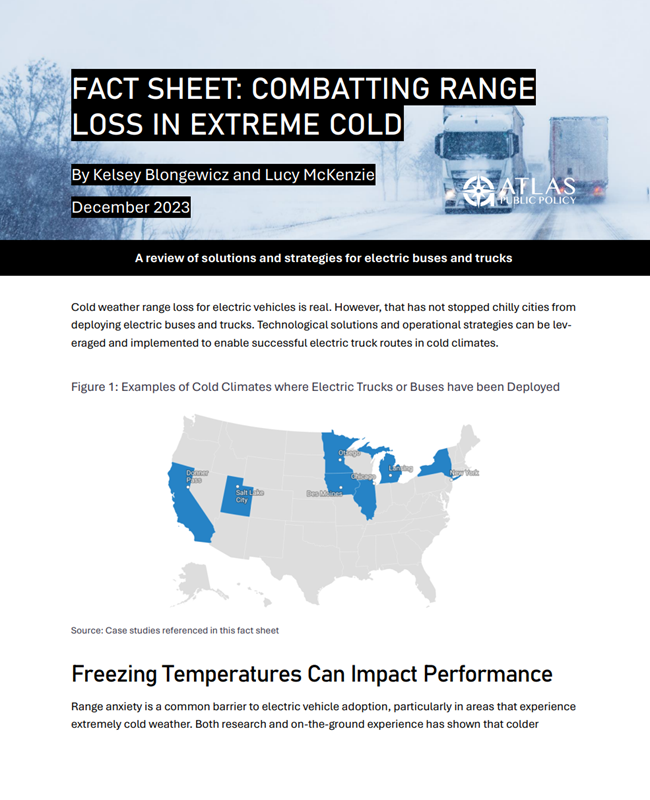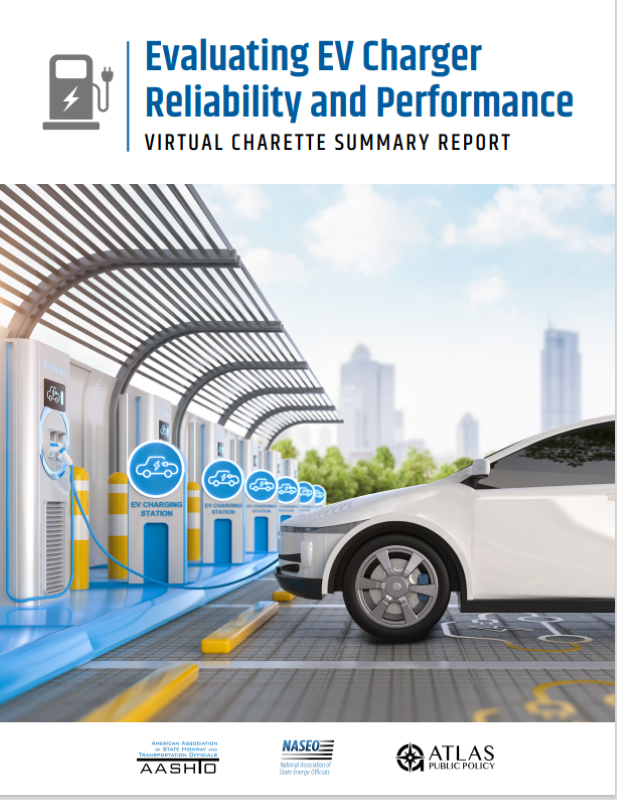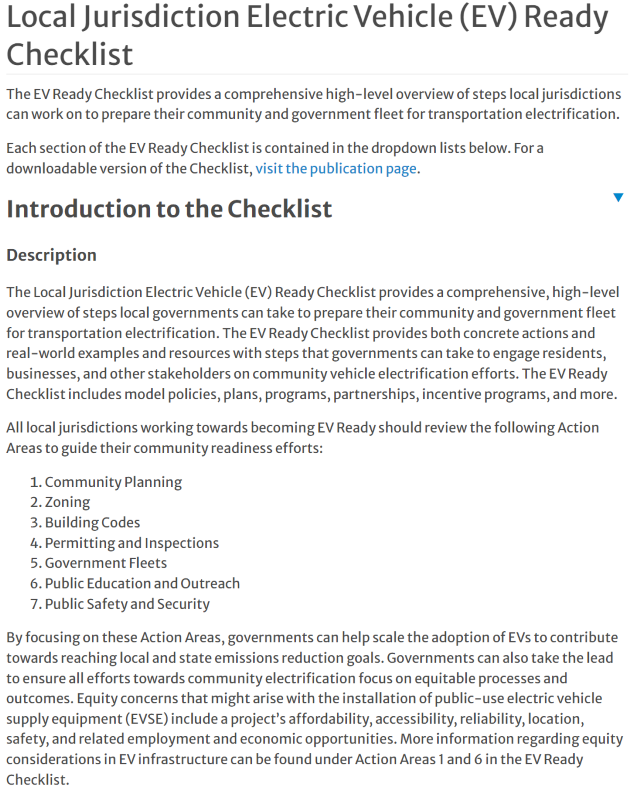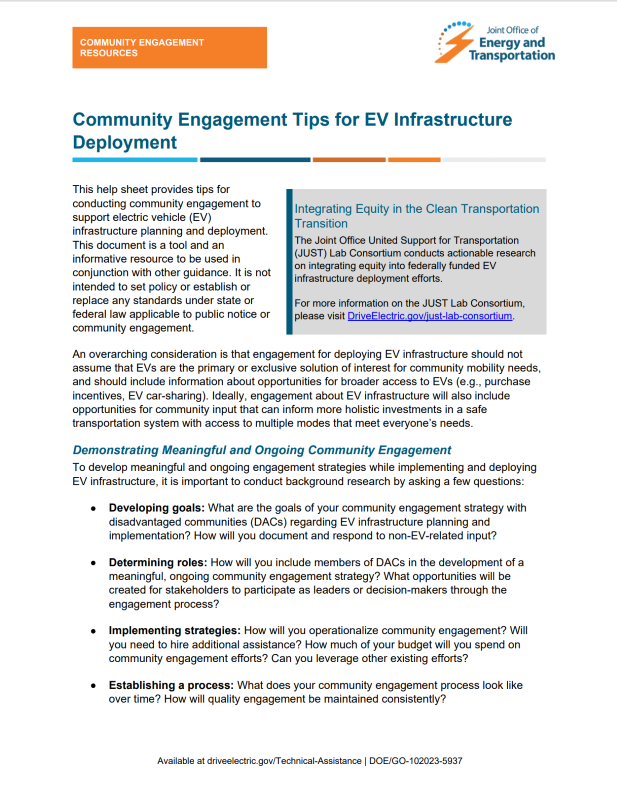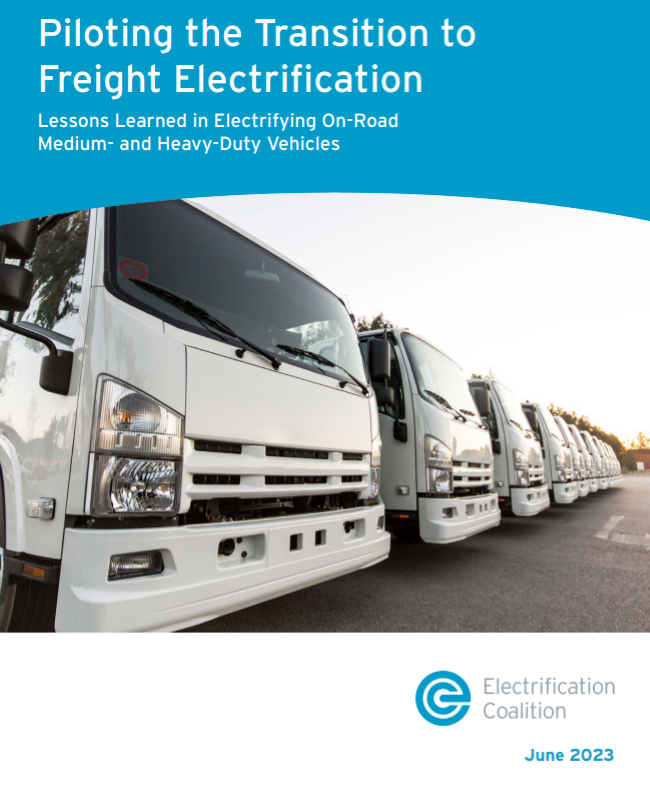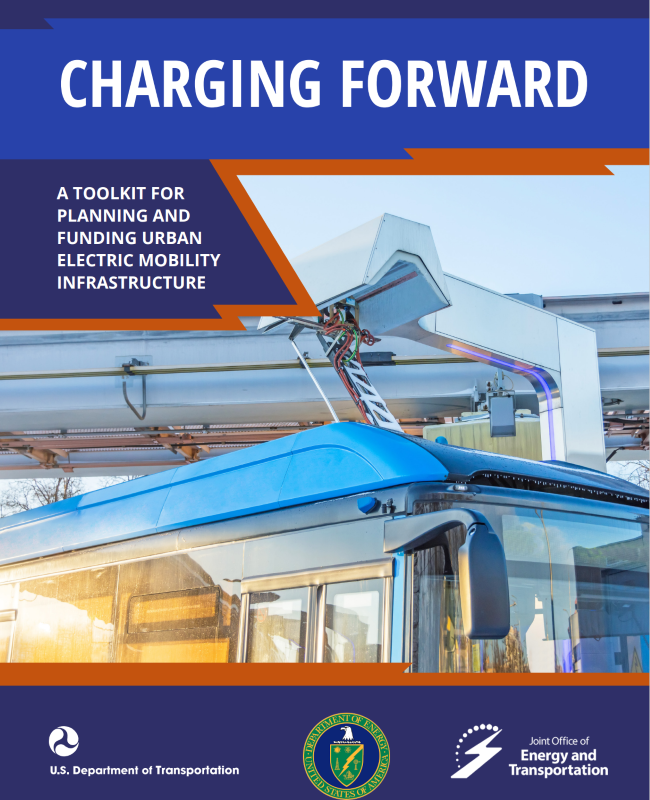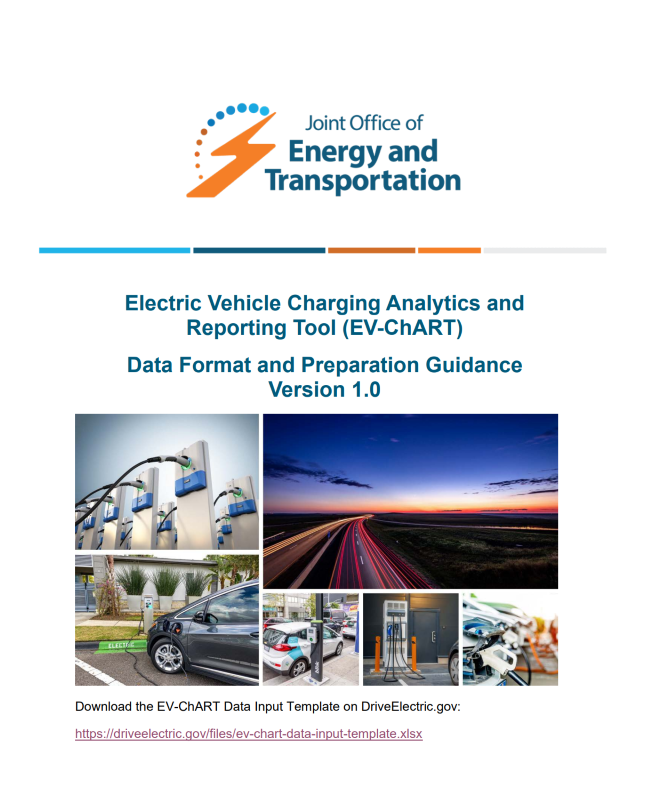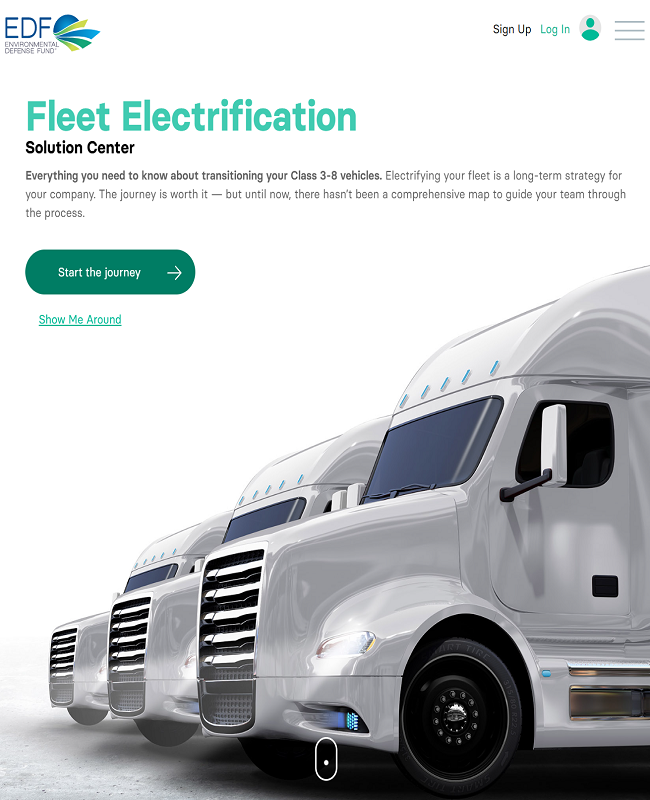Best Practices for EV Outreach Programs
Moe Khatib2024-10-09T18:34:57-04:00This report draws on Forth's history of launching the first brand-neutral EV showroom in the US back in 2016, and a decade of outreach and ride & drive events, emphasizing the importance of addressing common barriers to EV adoption, engaging diverse communities, and building trust and partnerships.

